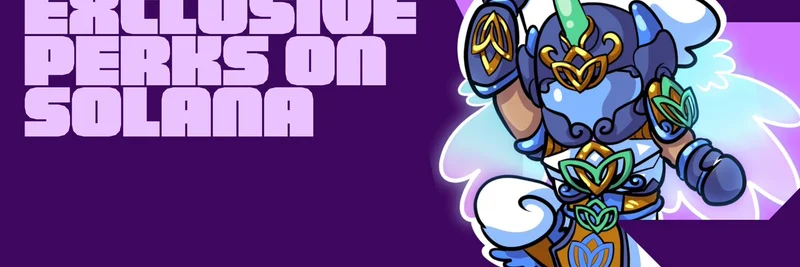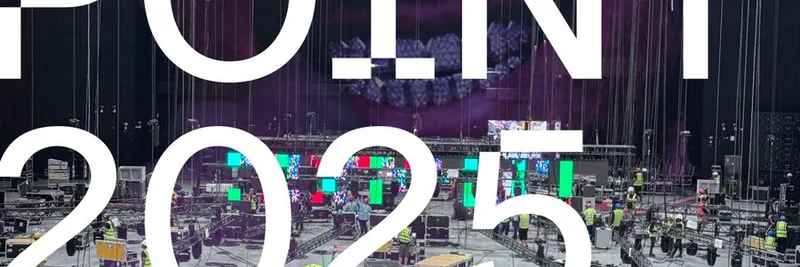In the fast-paced world of crypto, where trends can shift overnight, a recent thread on X (formerly Twitter) from Simon Dedic, founder and managing partner at Moonrock Capital, has sparked a lot of buzz. Dedic, quoting fellow investor Valentin "Vlat," highlights a pivotal moment in the industry—Brian Armstrong, CEO of Coinbase, appearing on CNBC to discuss the impending passage of a market structure bill. This, they argue, marks the dawn of a new era where tokens aren't just speculative plays but actual equity on the blockchain.
For those new to the space, let's break it down. A "market structure bill" refers to legislation like the Financial Innovation and Technology for the 21st Century Act (FIT21), which aims to clarify regulations around digital assets in the US. Armstrong's confidence in its passage suggests clearer rules that could treat certain tokens more like traditional stocks, complete with real-world value tied to cash flows and business fundamentals rather than pure hype.
Vlat's take is straightforward: if you're holding "memetic tokens"—those fun, viral coins like Dogecoin or newer meme plays driven by community and memes rather than utility— it might be time to rethink. He warns, "Don't hold memetic stuff but future cashflow. DeFi tokens are becoming a forever hold here." DeFi, or Decentralized Finance, involves protocols that offer lending, borrowing, and trading without traditional banks, often generating real revenue through fees.
Dedic amps it up, declaring the last decade of crypto as "fun" but now entering the "actual endgame." He predicts tokens becoming "equity onchain," meaning blockchain-based representations of ownership in projects or companies. This shift could unleash an "altseason"—a period where alternative cryptocurrencies (alts) surge in value—on a scale we've never seen. "It’s no longer a question of if, only when," he says.
As someone who's covered crypto from the trenches at CoinDesk and now diving deep into meme tokens here at Meme Insider, this perspective is intriguing, especially for our audience. Meme tokens have democratized crypto, bringing in millions with their low barriers and viral appeal. But if regulations evolve to favor tokens with tangible equity-like qualities, pure memes might face headwinds. Projects that blend meme culture with real utility, like those in DeFi or even tokenized real-world assets (RWAs), could thrive.
The thread has drawn reactions from the community, with some excited about the maturation of crypto and others pondering the timeline—estimates range from 3-5 years. One user even mentioned projects like XBorgHQ, which are already experimenting with on-chain equity models.
If you're building or investing in meme tokens, this could be a wake-up call to incorporate more sustainable elements. Check out the full thread here for the raw insights. At Meme Insider, we'll keep tracking how this plays out, helping you navigate the blend of fun and fundamentals in the meme token world.
What do you think—will meme tokens adapt, or is DeFi the new king? Drop your thoughts in the comments below.


